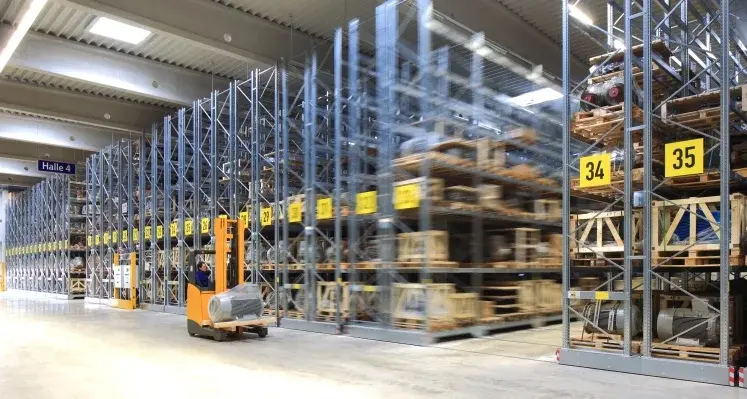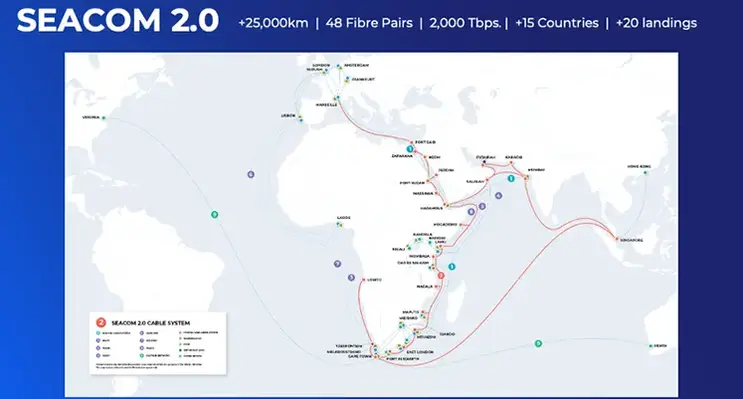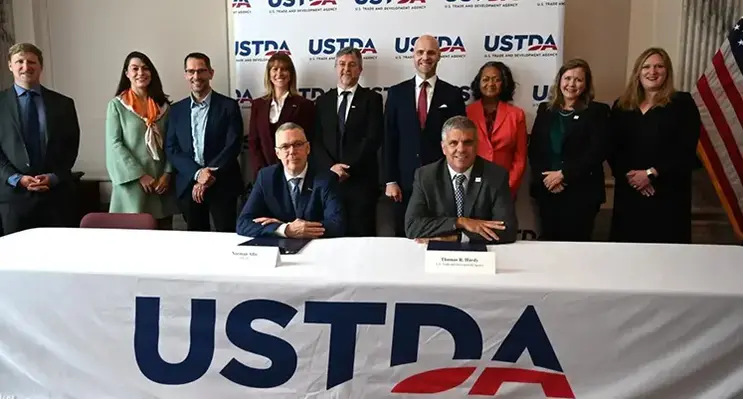Page 2 of 2
Early in 2012 SatLink launched its AMOS-5 satellite platforms on Ku-band for DTH and contribution, allowing broadcasters to reach the African home viewer or their satellite/cable/DTT/IPTV's Pay TV partners in land.
The two separate Ku-Band platforms on 17 degrees East are also allowing broadcasters to distribute video content easily the French speaking and English/Portuguese speaking Central African regions, maximising SatLink’s own playout centre to adapt the programmes to suit local market demands, while distributing their content to emerging broadcast markets such as Nigeria, Kenya, Tanzania, Ghana, DR Congo, Mozambique and Uganda.
Offering transmission services also via the pan-African C-Band on AMOS 5, SatLink is already allowing several major broadcasters to provide an array of entertainment, religious, news and sports channels to Africa’s Pay TV users and local distributors.
Drive for diversity
The digital market offers massive opportunities for broadcasters and consumers bringing with it as it does the opportunity to expand beyond the city boundaries into rural communities. Currently the impetus for private broadcasters to extend beyond a few urban centres has been lacking, as advertisers have mainly focused their attention on the more affluent city dwellers and only public broadcasts have touched the rural communities.
Digital broadcasting offers the chance for governments and regulators to make television universally accessible to the African populace. The extra channels available will also make room for more diverse content and support for more languages beyond the existing English, French and Portuguese options, which in turn will attract more viewers and further stimulate the African broadcast industry.
Since fibre is restricted only to the major cities and microwave is only feasible in urban areas, satellite is the only practical means to distribute these channels into the rural townships. Internet remains unstable and costly and capacity is largely limited to a maximum of 2Mbps, making Internet TV unfeasible in the near future, and also limiting the use of mobile devices largely to calling and texting without the option for video due to the bandwidth restrictions.
Doing business in Africa, however, requires an understanding of the challenges still facing the region. With finance still an issue companies need to be willing to offer flexible financial terms. The region is also keen to create its own buoyant broadcast sector and skilling up local workers is also an important ingredient for success.
Companies looking to do business in the region need to be able to offer a full end-to-end service, consisting of more than just satellite capacity to include uplinks, playout, installations, understanding and contacts with equipment suppliers and even access to content providers through their own partnerships.
Nonetheless the potential rewards from the African market place are immense and - as international businesses spring up in the region - the potential for these, not to mention the extensive opportunities from the rocketing demand for mobile backhaul, will continue to make the region a magnet for satellite companies.
Substantial challenges still exist. The march to liberalisation of the whole region and the lack of infrastructure and Internet bandwidth will continue to halt the pace of change. These factors, together with the social and political turbulence that continues to affect the region, are likely to deter some investors, but the opportunities for those that dare to venture in are immense and only likely to escalate over the coming decade as the young, increasingly affluent population, drive the African economy into a future full of promise.
Arie Vered























